In recent years, battery-powered tools have revolutionized various industries, and agriculture is no exception. As farmers and gardeners prioritize sustainability and efficiency, battery cultivators have emerged as an invaluable asset for soil preparation and crop cultivation. These innovative machines provide numerous advantages over traditional gas-powered cultivators, making them an enticing investment for anyone in the agricultural sector. In this article, we will explore the benefits of battery cultivators and how they are transforming modern farming practices. 1. Environmentally Friendly: One of the primary advantages of battery cultivators is their reduced environmental impact. Unlike their gas-powered counterparts, battery cultivators produce zero emissions and have a substantially smaller carbon footprint. By utilizing electricity as the main power source, farmers can contribute to greenhouse gas reduction initiatives while mitigating noise pollution in their communities.
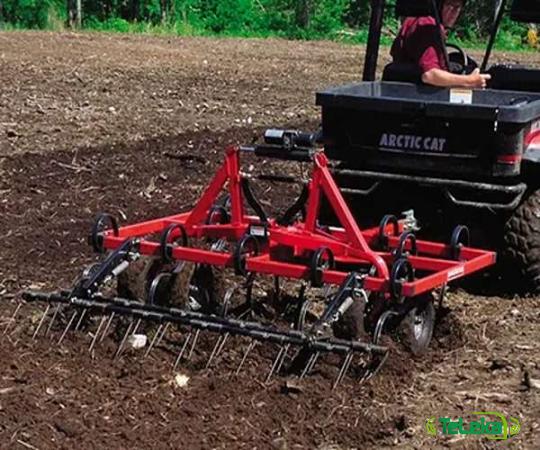
.
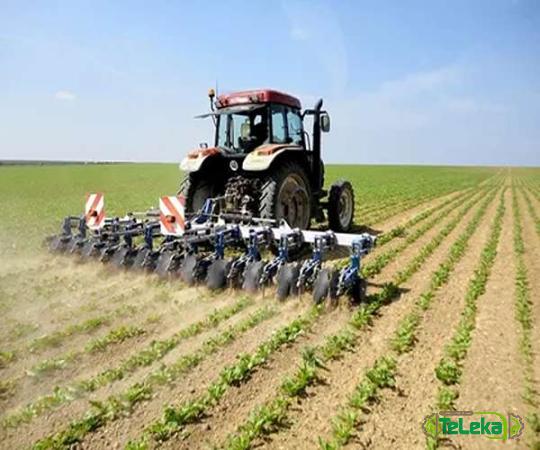 Additionally, battery cultivators eliminate the need for gas or oil, minimizing the risk of fuel spills and reducing the overall dependence on fossil fuels. 2. Improved Efficiency: Battery cultivators are designed to enhance productivity and streamline farming operations. Equipped with powerful lithium-ion batteries, these tools offer consistent torque and advanced features such as adjustable tilling depth and speed control. By eliminating the need for manual labor, battery cultivators save valuable time and energy, allowing farmers to cover larger areas of land in a shorter timeframe. The portability and lightweight nature of these machines also make them easy to maneuver through various terrains and tight spaces, resulting in improved accessibility and precision. 3. Cost-Effective: While the initial investment may seem higher than traditional cultivators, battery-powered machines offer long-term cost savings. With minimal maintenance requirements, there is a significant reduction in ongoing expenses associated with fuel, oil changes, and engine repairs. Moreover, as electricity costs continue to decline and renewable energy sources become more prevalent, charging battery cultivators becomes more affordable.
Additionally, battery cultivators eliminate the need for gas or oil, minimizing the risk of fuel spills and reducing the overall dependence on fossil fuels. 2. Improved Efficiency: Battery cultivators are designed to enhance productivity and streamline farming operations. Equipped with powerful lithium-ion batteries, these tools offer consistent torque and advanced features such as adjustable tilling depth and speed control. By eliminating the need for manual labor, battery cultivators save valuable time and energy, allowing farmers to cover larger areas of land in a shorter timeframe. The portability and lightweight nature of these machines also make them easy to maneuver through various terrains and tight spaces, resulting in improved accessibility and precision. 3. Cost-Effective: While the initial investment may seem higher than traditional cultivators, battery-powered machines offer long-term cost savings. With minimal maintenance requirements, there is a significant reduction in ongoing expenses associated with fuel, oil changes, and engine repairs. Moreover, as electricity costs continue to decline and renewable energy sources become more prevalent, charging battery cultivators becomes more affordable.
..
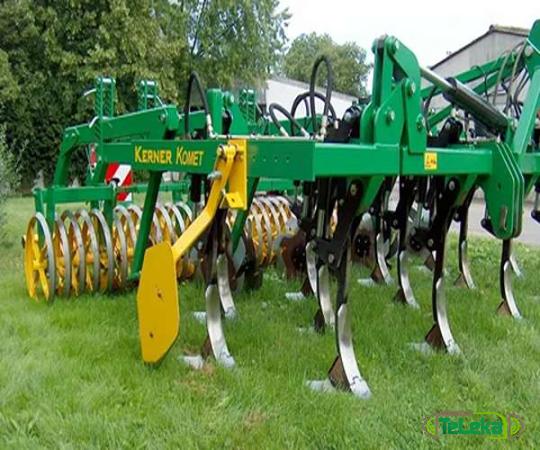 In addition, by reducing labor-intensive activities, farmers can redirect their workforce to other essential tasks, ultimately optimizing their resources. 4. Quieter Operation: Noise pollution is a significant concern for farmers, especially those close to residential areas. Traditional gas-powered cultivators can disrupt the peacefulness of the countryside, negatively impacting neighboring communities. Battery cultivators, on the other hand, produce significantly less noise, allowing farmers to work early mornings or late evenings without disturbing their surroundings. This quieter operation enhances the experience for both farmers and nearby residents, fostering a harmonious relationship between agricultural activities and the community. 5. Flexibility and Adaptability: Battery cultivators offer a wide range of cultivator attachments, allowing farmers to adapt their machines to various tasks beyond simple soil preparation. Whether it’s precision seeding, weed management, or bed shaping, battery cultivators can be customized to suit specific farming needs.
In addition, by reducing labor-intensive activities, farmers can redirect their workforce to other essential tasks, ultimately optimizing their resources. 4. Quieter Operation: Noise pollution is a significant concern for farmers, especially those close to residential areas. Traditional gas-powered cultivators can disrupt the peacefulness of the countryside, negatively impacting neighboring communities. Battery cultivators, on the other hand, produce significantly less noise, allowing farmers to work early mornings or late evenings without disturbing their surroundings. This quieter operation enhances the experience for both farmers and nearby residents, fostering a harmonious relationship between agricultural activities and the community. 5. Flexibility and Adaptability: Battery cultivators offer a wide range of cultivator attachments, allowing farmers to adapt their machines to various tasks beyond simple soil preparation. Whether it’s precision seeding, weed management, or bed shaping, battery cultivators can be customized to suit specific farming needs.
…
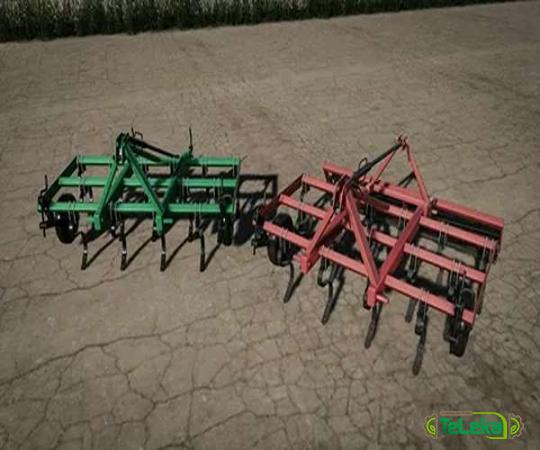 By taking advantage of these versatile attachments, farmers can maximize the utilization of their cultivators and achieve greater efficiency across multiple stages of the crop growing cycle. Conclusion: As the world embraces sustainable agriculture and seeks to minimize the ecological impact of farming practices, battery cultivators have emerged as a powerful ally for modern farmers. With their environmental friendliness, enhanced efficiency, cost-effectiveness, and versatile functionality, battery cultivators provide a compelling solution for the ever-evolving agricultural industry. By harnessing the power of battery technology, farmers can cultivate their land more effectively, reduce their carbon footprint, and take important steps towards a sustainable and prosperous future.
By taking advantage of these versatile attachments, farmers can maximize the utilization of their cultivators and achieve greater efficiency across multiple stages of the crop growing cycle. Conclusion: As the world embraces sustainable agriculture and seeks to minimize the ecological impact of farming practices, battery cultivators have emerged as a powerful ally for modern farmers. With their environmental friendliness, enhanced efficiency, cost-effectiveness, and versatile functionality, battery cultivators provide a compelling solution for the ever-evolving agricultural industry. By harnessing the power of battery technology, farmers can cultivate their land more effectively, reduce their carbon footprint, and take important steps towards a sustainable and prosperous future.
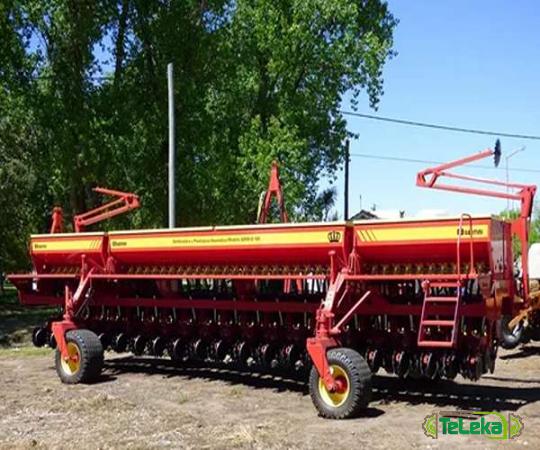

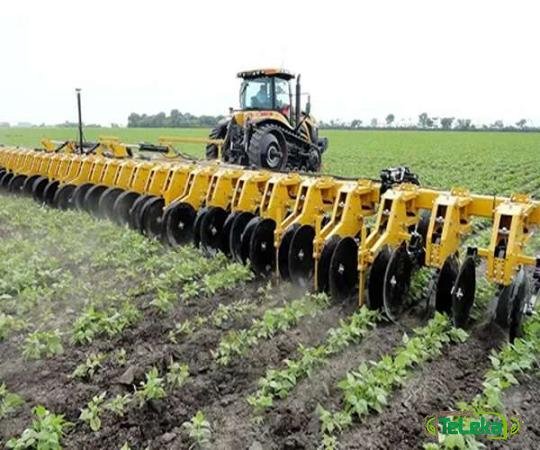
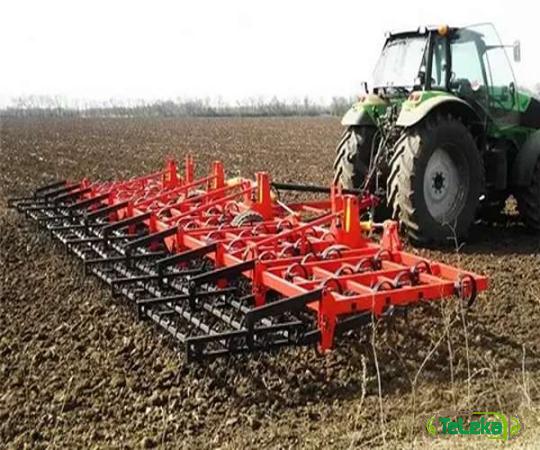





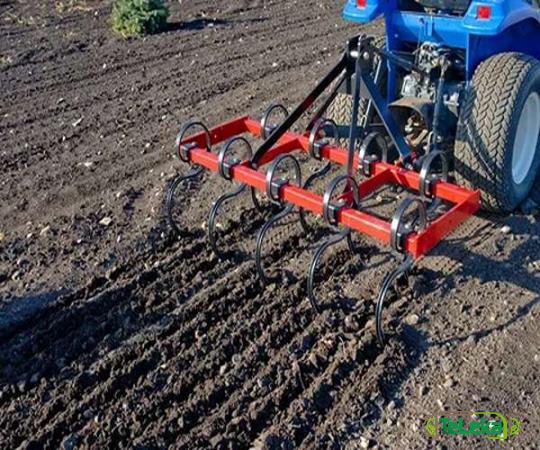
Your comment submitted.